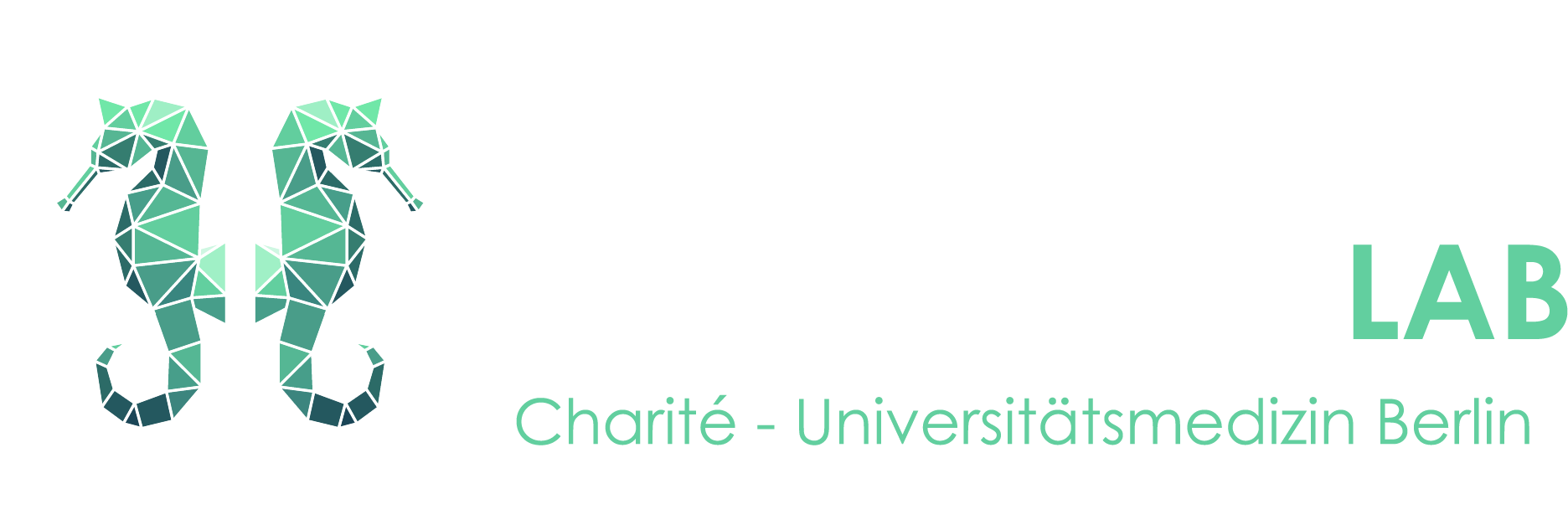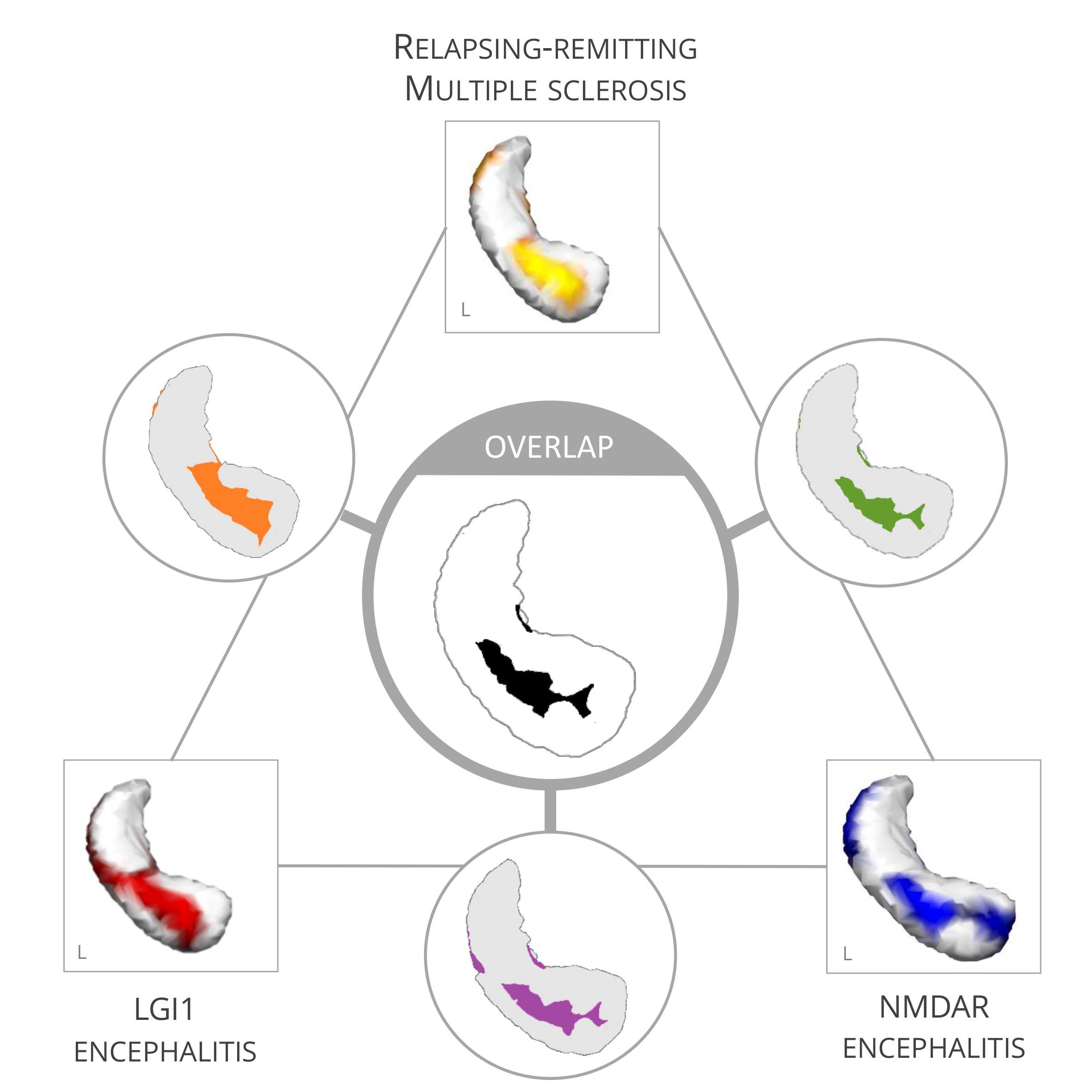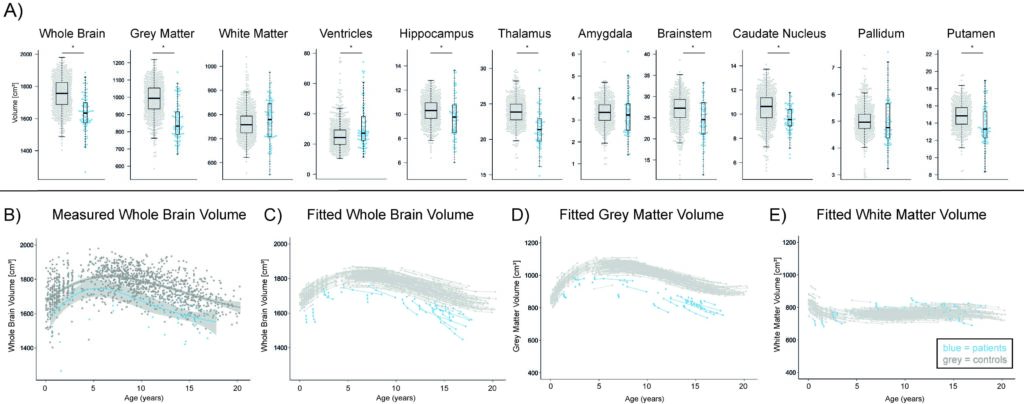New preprint – A spatiotemporal complexity architecture of human brain activity
New preprint – A spatiotemporal complexity architecture of human brain activity
The human brain is a complex network. Ever since the first description of “functional connectivity” in the 1990s, network neuroscience has emerged as one of the leading approaches to study the brain, including unparalleled international collaborations like the Human Connectome Project (HCP).
While our understanding of the connectome is rapidly increasing, some fundamental questions about brain networks remain: How does a functional connection between two brain regions form? Why are some regions more functionally connected than others? And what determines the spatial and temporal organization of the network?
In our latest preprint, we shed some light on these questions through complexity analysis of resting-state data from the HCP. In this manuscript, we report a mechanism by which the brain’s network architecture arises from spontaneous episodes of neural regularity. These episodes become visible as “complexity drops” and provide a unifying explanation for many known properties of the human brain, including functional connectivity, brain states, structure-function relationships, and network hierarchies. For more on this human “complexome”, check out the preprint!




